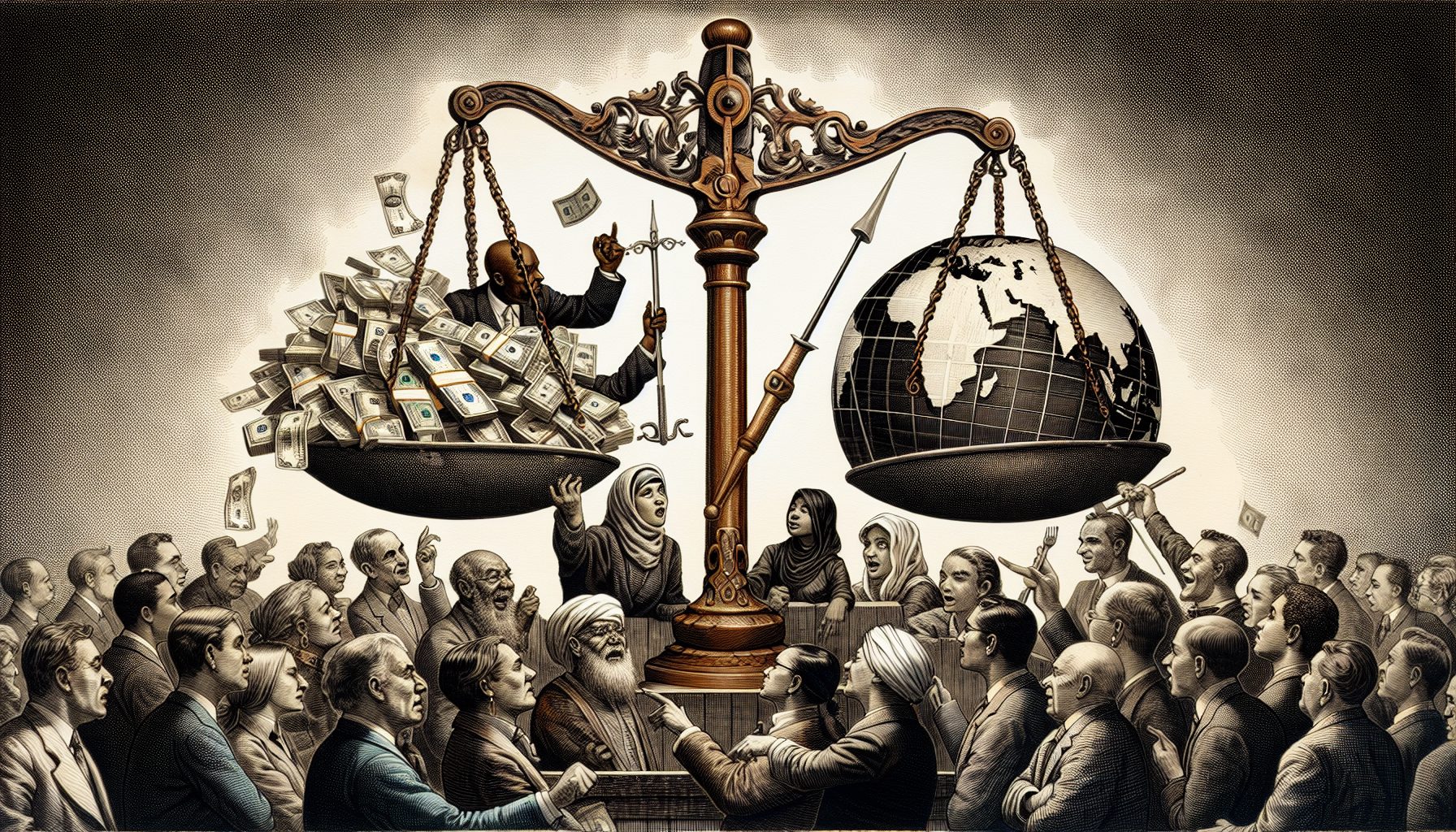The idea of implementing an inheritance tax on the wealthiest, to generate additional government funding, has sparked substantial debate recently, particularly following remarks from ex-World Bank Chief Economist, Kaushik Basu.
Critics fear that this form of taxation could deter investment and entrepreneurship, thereby affecting economic growth negatively. This is due to the potential risk of driving wealthy individuals away from investing in the country due to higher taxes. However, supporters argue that this taxation could diminish the wealth gap, fostering greater economic equality.
Kaushik Basu suggests that there are significant disparities at birth, with some individuals born into extreme poverty while others into enormous wealth. Thus, he believes an inheritance tax could be instrumental in addressing these inequalities, by redistributing wealth to level the playing field.
He further argues against the societal perception of wealth accumulation being tied only to hard work, explaining that a person’s economic standing is primarily determined by their birth circumstances rather than their work ethic or merits.
Basu’s viewpoint has ignited controversy in India, with critics labeling supporters as “property snatchers.” However, it’s challenging to ignore Oxfam data showing that the world’s wealthiest 1% own nearly as much wealth as the rest 99%.
Wealth gap and the inheritance tax controversy
This enormous wealth gap is also evident in Bangladesh, where nearly half of the country’s wealth is held by its wealthiest 10%.
Bangladesh has a low tax to GDP ratio and relies heavily on indirect taxes for revenue collection. This has highlighted the potential need for wealth or property taxes to reallocate resources towards the most disadvantaged societal groups.
Despite potential resistance, experts believe that a carefully designed inheritance tax, that aligns with principles of fairness, efficacy, and transparency could gain support. It could significantly help narrow the wealth gap in Bangladesh and the revenue generated could be used to enhance public services.
However, some industry experts suggest an alternative approach – refining the existing property tax system rather than introducing an inheritance tax. This could circumvent issues such as tax evasion and excessive burdens on the middle class while ensuring fairness and equity among taxpayers.










